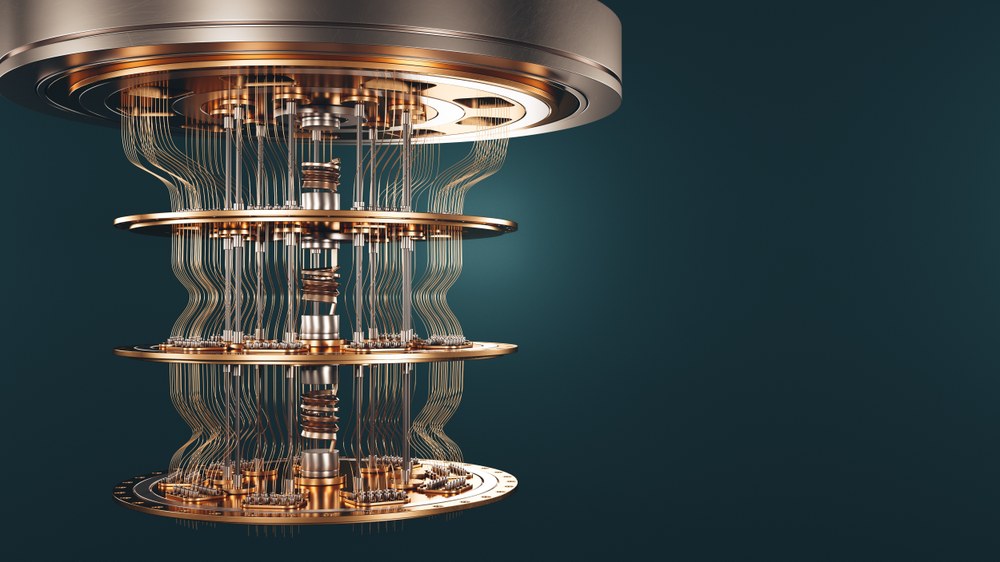ELEVATE
The use of quantum computers promises to perform certain computational operations more efficiently, quickly, and performantly compared to classical computers. Even in the research areas investigated by the DLR, research into the application of quantum computers is already underway. Once quantum computer hardware surpasses the threshold for realizing a genuine quantum advantage, expertise in the field of quantum computing will become a significant competitive advantage for research institutions in the fields of aerospace, energy, and transportation.
This applies to both the analysis of systems with quantum effects, such as in materials research, communication, or sensing, as well as the application of new, faster algorithms in areas like optimization or artificial intelligence. The specific areas of application where a quantum advantage can be expected, as well as the timing of its realization, are not precisely foreseeable at this point and require further research. The analysis and assessment of possible quantum advantages for potential application areas within the DLR begins with the ELEVATE project.
DLR applications in focus
The ELEVATE project aims to make the quantum computing expertise available within the DLR accessible to a broad group of users. Collaboratively and across various program streams, potential users, along with quantum computing experts, will examine the usability of quantum computers for different application areas. The experts bring the necessary knowledge to assess where conventional computers might inadequately solve application problems.
Participating DLR institutes will implement their own projects as part of ELEVATE, in which the use of quantum algorithms will be tested within their respective application domains. This empowers the institutes to work largely independently with quantum algorithms and, in the medium term, secure third-party funding on this topic and position themselves as competence leaders in this research field at an early stage.
Project runtime:
- 01/2022 – 12/2024
Scientific participants:

